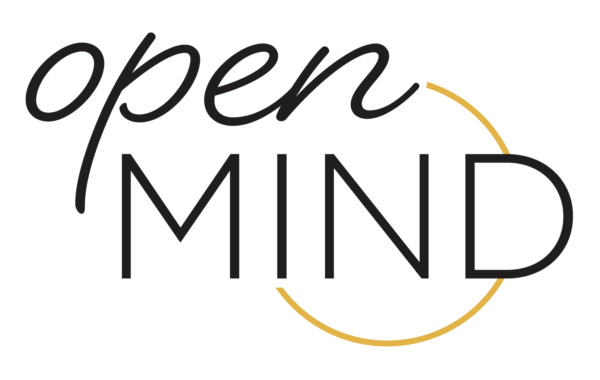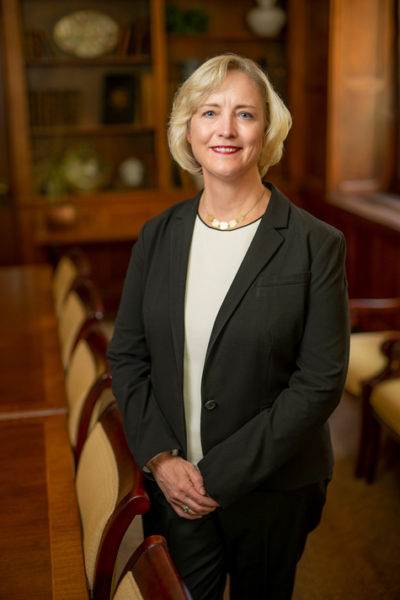The corona virus and its consequences continue to reshape our daily lives, and many of us are increasingly eager to know what’s next. I have found myself asking this question more and more, and actively searching for answers. As we balance the gravity and demands of the current moment, I assure you that there are multiple groups working on potential strategies and planning for our university’s future.
virus and its consequences continue to reshape our daily lives, and many of us are increasingly eager to know what’s next. I have found myself asking this question more and more, and actively searching for answers. As we balance the gravity and demands of the current moment, I assure you that there are multiple groups working on potential strategies and planning for our university’s future.
Our current times remind me of a quote from Winston Churchill, who said, “It is always wise to look ahead, but difficult to look further than you can see.” Planning for the future is certainly a unique challenge amid so much uncertainty in the world. And yet we are continuing to make measured decisions—including the recent extension of remote work for all staff through April 30—by assessing the data before us, judiciously observing local and public health mandates, reviewing guidance from public health and VUMC experts, absorbing feedback from the community and adhering to Vanderbilt’s values.
Over the last several weeks, I have been in constant communication with Vanderbilt’s vice chancellors, vice provosts and deans. We have set up a robust framework for gathering input and making decisions despite the unusual remote work circumstances. Together, across all corners of campus, we must think deeply about what is best for Vanderbilt and what fits with our specific mission. We are looking ahead to the summer and the fall and are considering how and when to lift suspensions on in-person classes, laboratory operations, special events and full student residential occupancy. We are proceeding with care and with the goal of giving our faculty, staff and students as much clarity—and as much time to plan—as possible.
At the same time, we are deeply engaged in forward-looking financial planning amid upcoming challenges to Vanderbilt and the global economy. We all are communicating as openly, as proactively and as collaboratively as we can. Many of our areas have held virtual town halls, and I spoke to the Faculty Senate on Thursday to lay out our challenges and charges and to address questions.
With this transparency and collaboration in mind, I have also launched several new committees. One of the most significant is a Public Health Advisory Task Force, which includes many of the public health and infectious disease experts on our faculty, who are providing insights on the most up-to-date analyses of the spread of the coronavirus and the published potential plans for how to re-open society without putting the most vulnerable at risk. The Board of Trust has also established an ad hoc committee that will provide strategic guidance to university leadership as we navigate the complexities of the pandemic. In addition, I am assembling a University Continuity Working Group to be co-chaired by John McLean, chair of the Faculty Senate, and Laura Nairon, interim associate vice chancellor for people and business services, that will convene this spring and coordinate three subcommittees in the areas of education, research/scholarship and community. I view this as a unified strategy with goals of being responsive to the entire university community and developing plans to keep our university prosperous and impactful during and after this unusual time.
In light of the especially disappointing news about the necessary postponement of in-person Commencement ceremonies for the Class of 2020, I launched a Commencement Student Advisory Committee and a Campus Partners Working Group. I charged both groups with ensuring that our virtual recognitions this May and all postponed celebrations can capture the spirit, goals and desires of our hardworking graduates. My hope is that focusing on this future joyous gathering will give us all an exciting moment to look forward to in 2021.

I have also been in close communication with Incoming Chancellor Daniel Diermeier about all of our efforts and planning, and he has been fully supportive of our work.
The goal of this collaborative work, above all, is to protect and preserve our mission. We must move forward and continue to find optimism in the progress we have made that does not relate to the global pandemic. For example, three undergraduate STEM students were named Goldwater Scholars; I announced the appointment of Lorenzo Candelaria as the next dean of Vanderbilt Blair School of Music; and the Board of Trust just approved the formal designation of five new departments in the College of Arts and Science from existing, vibrant programs and centers.
Another source of optimism is the recently admitted class of 2024. Based on what we know about these students, the class is full of promise. I am proud of the many efforts undertaken by Undergraduate Admissions and others to ensure that these students—the newest members of the Vanderbilt family—feel welcomed and excited, from the virtual tours of our campus, to the online panel discussions with current students and the academic open houses hosted on the Admissions website.
All of these examples point to the same truth: As a university, we are strong. We are used to having problems to solve—and we embrace the process of making improvements. We are positioned to think broadly and reach innovative solutions. This holds true even if we are not physically together. Although we don’t know exactly what lies ahead, there will most certainly be both economic and COVID-19 challenges that will evolve. However, I am confident we will move forward together and be even stronger.
As we progress to the next level of decisions, I urge everyone to stay connected in as many ways as you can. Take care of each other, listen closely, and keep an eye out for information from different sources. Some updates will be university-wide, and some will come at a more local level, among individual schools and colleges. It is important that deans, leaders and managers across the university feel empowered to work in the best interests of their constituents. We must support each other as best we can.
I am confident that we will be prepared for whatever comes next, all the while upholding our mission and prioritizing the safety and well-being of our people. Thank you for your continued patience, engagement and commitment to our university’s future.